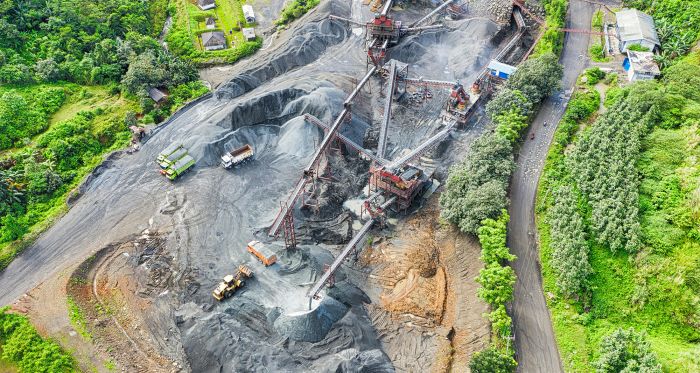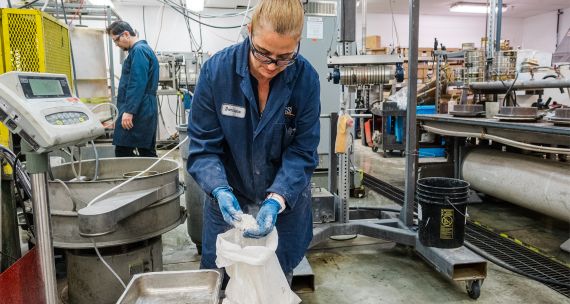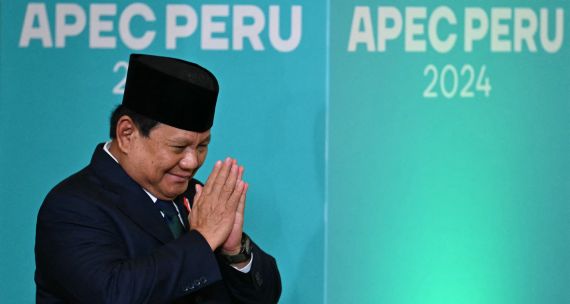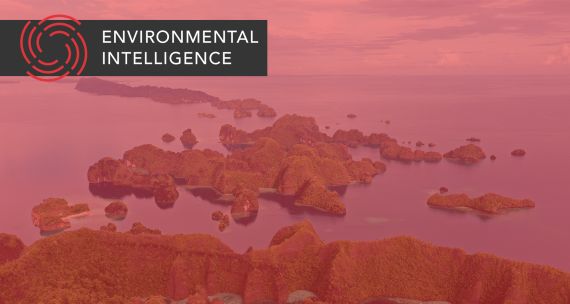Supported by the Asia Pacific Foundation of Canada’s 2023-2024 Media Fellowship, Yvonne Lau travelled to Indonesia in November 2023 to report on the country’s role in the world’s green transition. The three stories, which focus on Indonesia’s ambitions in the electric vehicle, climate technology, and tourism spaces, were published by Canada’s National Observer this spring.
The first story explores the rise of high-pressure acid leaching (HPAL) nickel plants in Indonesia’s quest to become a major player in the global electric vehicle supply chain — and the human and environmental costs of this critical technology. The second piece looks at how local entrepreneurs and investors are faring during the ‘recovery’ era of Indonesia’s climate tech startup space. The third story examines the realities of sustainable tourism in Bali through the lens of Munduk, a designated eco-village in the province’s north.
Indonesia’s grand ambition to become an EV leader rests on nickel mining boom
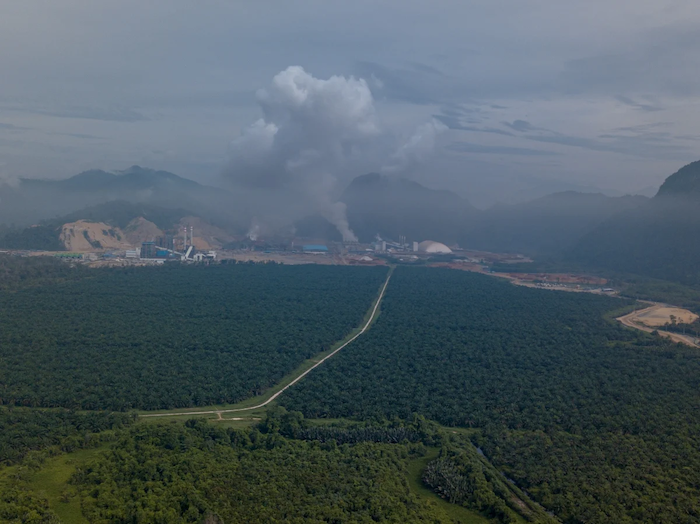
Now the world’s largest nickel producer, Indonesia has set its sights on building high-pressure acid leaching (HPAL) plants to extract nickel fit for electric vehicle (EV) battery materials. But experts, activists, and locals are sounding the alarm on the breakneck pace at which HPAL plants — which produce mass amounts of toxic waste and have already polluted water sources and displaced locals — are being built, calling it a “test case of Indonesia, and the world’s, just energy transition.” Read more.
Indonesia climate tech is raising millions and moving forward
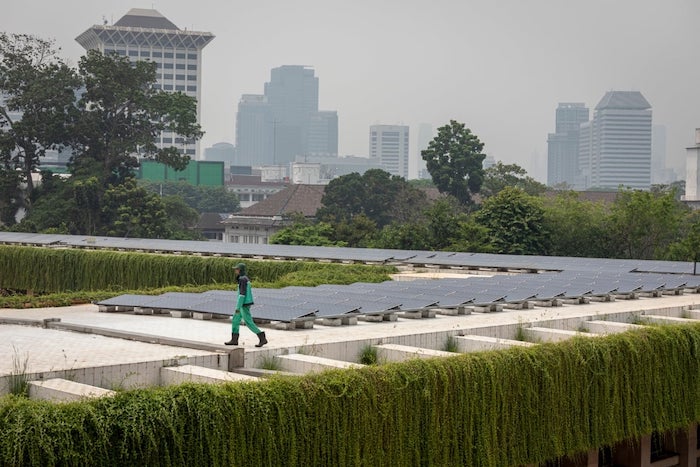
After a tough venture capital (VC) ‘winter,’ which saw total venture and private equity investment plunge 50 per cent, funding for Indonesia’s startup space is slowly regaining momentum. In recent months, Indonesia’s climate tech sector has started to resuscitate with investors channelling millions into early-stage startups focused on carbon capture, battery energy storage, and waste management. As Indonesia’s climate vulnerabilities grow more stark, investors agree that “Indonesia is a market we can’t ignore . . . if we’re talking about how to decarbonize Southeast Asia.” Read more.
‘Reached its tipping point’: Tourism and sustainability in Bali aren’t a good match
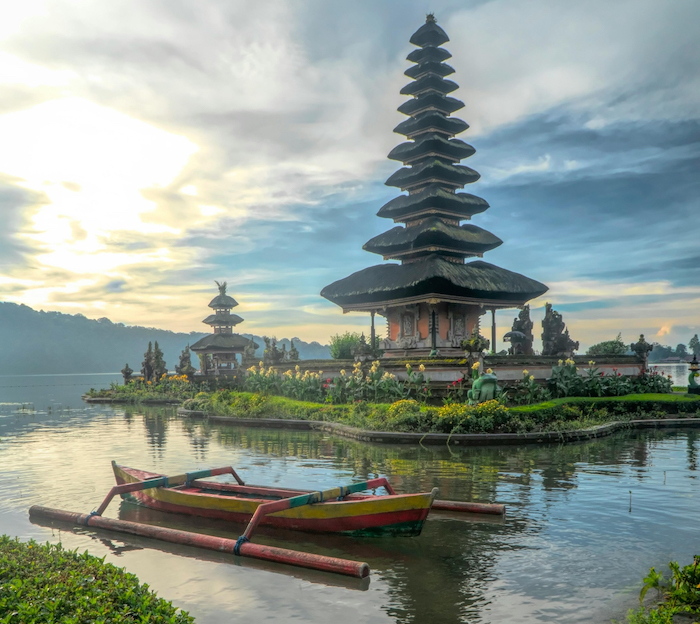
The island province of Bali — which consistently ranks as one of the world’s top tourism destinations — is known as the ‘crown jewel’ of Indonesia’s $20-billion tourism sector. In the aftermath of the COVID-19 pandemic, the Indonesian government has laid out an even more ambitious tourism plan that aims to attract tens of millions more tourists and transform rural and ecologically sensitive villages into ‘the next Bali.’ But locals in Munduk, a designated ‘eco-village’ in Bali’s north, are pushing back against the mass tourism model as the province stares down a water crisis and a loss of Indigenous cultural practices and places. Read more.
APF Canada’s Media Fellowship program offers up-and-coming and established Canadian journalists the opportunity to spend time in Asia researching and preparing stories. The program aims to help Canadian journalists become better informed about this dynamic part of the world in order to write and broadcast insightfully on Asia and the Canada-Asia relationship. Visit our Media Fellowship webpage for more information; the Foundation’s 2024-25 intake will begin in January 2025.
Cover image: Tom Fisk via pexels
